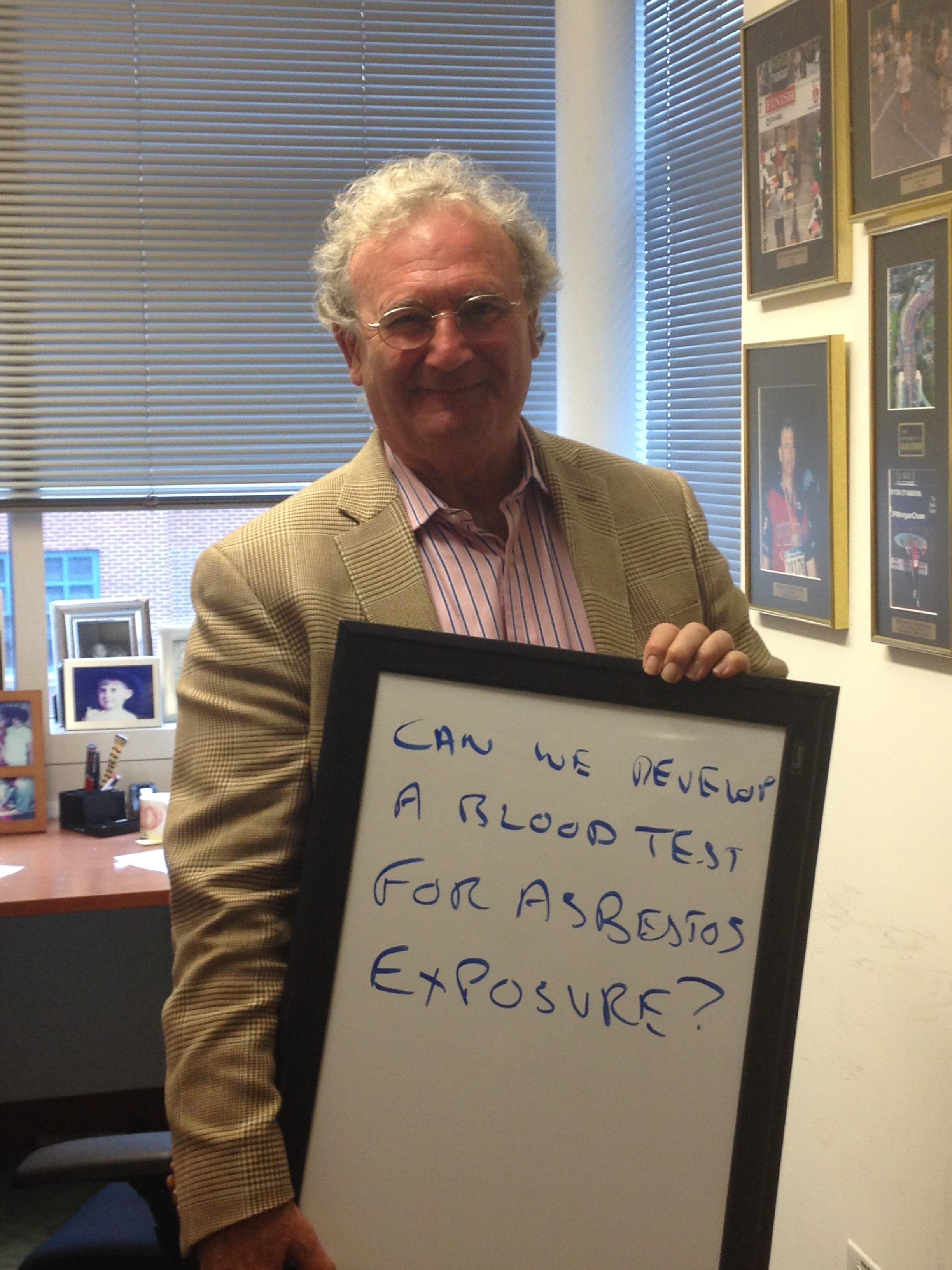Researchers Receive Grant Driven by Community Concerns
Researchers from the Center of Excellence in Environmental Toxicology have recently been awarded a $10 million grant from the National Institute for Environmental Health Sciences (NIEHS) to study asbestos exposure pathways that lead to mesothelioma, the bioremediation of this hazardous material, and mechanisms that lead to asbestos-related diseases.
The grant creates a new Center, Penn Superfund Research and Training Program (SRP) Center, Directed by Ian Blair, PhD, a researcher with extensive experience in biomarker research elucidating the toxicology of chemicals. This blog will continue to highlight the exciting research that comes from the grant.
Penn Superfund Research and Training Program (SRP) Center
The Penn Superfund Research and Training Program (SRP) Center evolved from community concerns about living near the BoRit Asbestos Superfund site in Ambler, PA. The Penn Superfund Center is academically located at CEET in Philadelphia, about 20 miles South of Ambler. The Center’s approach will be interdisciplinary involving researchers from the School of Arts and Sciences and the School of Medicine as well as Fox Chase Cancer Center. A unique interdisciplinary training program will marry environmental science and environmental health sciences so that doctoral and postdoctoral students will be trained in both complementary disciplines. Unique features of this training include participation in Superfund webinars sponsored by NIEHS and internships in technology transfer at CTT and the EPA.
What Will the Center Do?
The Center will address community-based questions or concerns that have been previously identified by the community through the Community Outreach and Engagement Core:
- Can we remediate asbestos without moving it from the original disposal site?
- What do we know about the fate and transport of asbestos in the environment by water and air?
- What do we know about the exposure pathways that were responsible for the mesothelioma cluster in Ambler? And why is the incidence higher in women?
- Is susceptibility to mesothelioma genetic?
- Can asbestos-related disease be prevented?
- Is there a blood test to determine whether a person will get asbestos-related disease?
About the Community
Ambler residents have a long history of occupational and/or environmental exposure to asbestos. As a result residents of the area face very serious long-term health consequences. The Pennsylvania Department of Health and the COEC at CEET determined an increased rate of mesothelioma in the area compared to other adjacent zip codes. Women had a greater risk than men, despite being less likely to have worked in the asbestos industry. Our researchers will continue to investigate and work with the community to acquire more information about exposure pathways that led to these health risks. The residents in South and West Ambler remain at risk for environmental exposure.
The work and results from the Center’s research will inform other areas of asbestos exposure across the country. For example, a sociological study to identify how asbestos exposure can occur and whether this can explain the cluster of asbestos-induced mesotheliomas in Ambler will be conducted by Fran Barg and Ted Emmett. The results may be applicable to the 15 other Superfund asbestos sites in the US.
This award and the development of the Penn Superfund Research and Training Program Center is the first NIEHS Superfund grant driven by problems identified in a community-academic partnership and promotes bi-directional communication between the University and the community. The interdisciplinary center is uniquely qualified to address the concerns relating to asbestos exposure that have been identified by the Ambler community.
How Can You Get Involved?
The SRP website is currently being developed and will have the most up to date information regarding the Center, the research, and how to get involved.
You can also visit Resources for Education and Action for Community Health in Ambler (REACH Ambler) and the BoRit Community Advisory Group (CAG) Website
We want to hear from you!
Please share with us any questions you have regarding asbestos or any other environmental health issues by using the comment field, contact us, Twitter or Facebook!
Have a suggestion for a topic to be covered in our blog? Let us know! We would love to cover a topic that you are interested in learning more about!
Follow #IamEH for all of our posts and learn about what environmental health questions are being asked all over the country!




